#well-being
Text
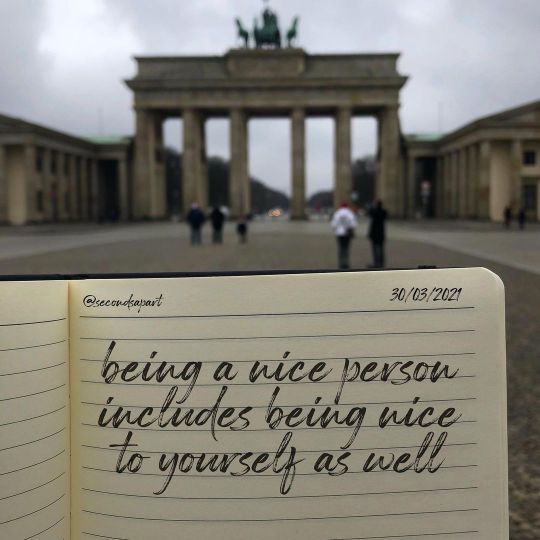
#self-love#self-care#self-compassion#kindness#compassion#well-being#mental health#happiness#balance#harmony#self-respect#photography#art
399 notes
·
View notes
Text
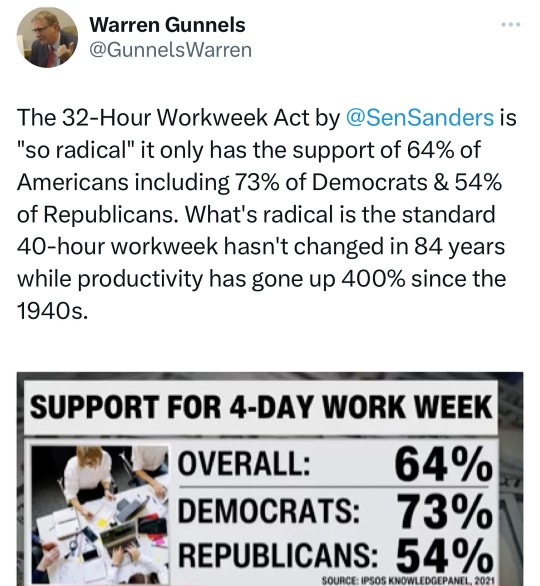
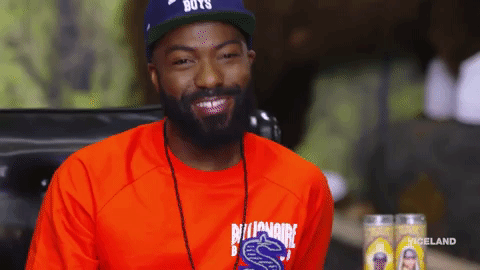
#bernie sanders#work week reduction#32-hour work week#overtime pay#productivity#technology#fair labor standards act#international examples#france#norway#denmark#germany#well-being#stress#fatigue#republican senator bill cassidy#small enterprises#job losses#consumer prices#japan#economic output#labor dynamics#artificial intelligence#automation#workforce composition
63 notes
·
View notes
Photo

"NDIDI NATURE" by odhara
#art#print#illustration#artist#odhara#portrait#blue#nature#green#girl#woman#dark#plant#female#plants#skin#brown#black woman#well-being#alignment#self awareness
677 notes
·
View notes
Text
"I don't want to, so I'm not going to" is sometimes the boundary that we must draw with those who try to get us to do things that we know we dislike or that are unhealthy for us. It's also the boundary that we must draw with those who try to manipulate and control our lives. It is perfectly valid and needs no further justification. Honor and respect your wants, needs, and personal well-being.
#boundaries#healthy boundaries#self-worth#healing#growth#wants#needs#well-being#personal sovereignty#social interactions#gentle reminder#reminder#empowerment#self empowerement#mine
1K notes
·
View notes
Text
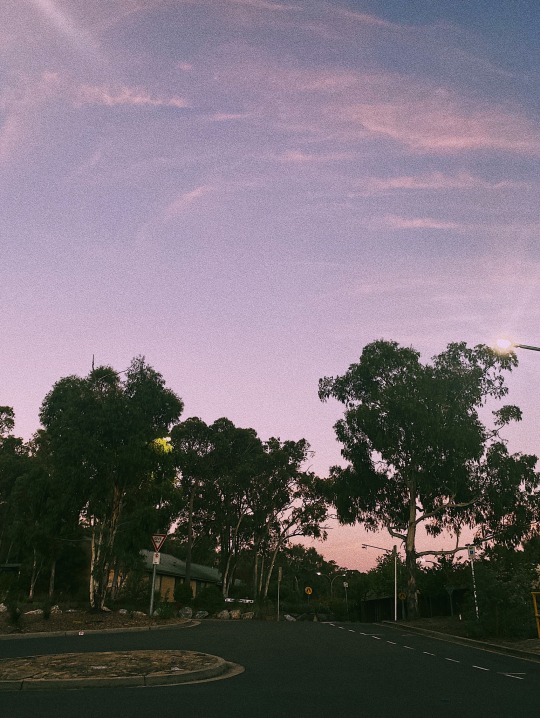
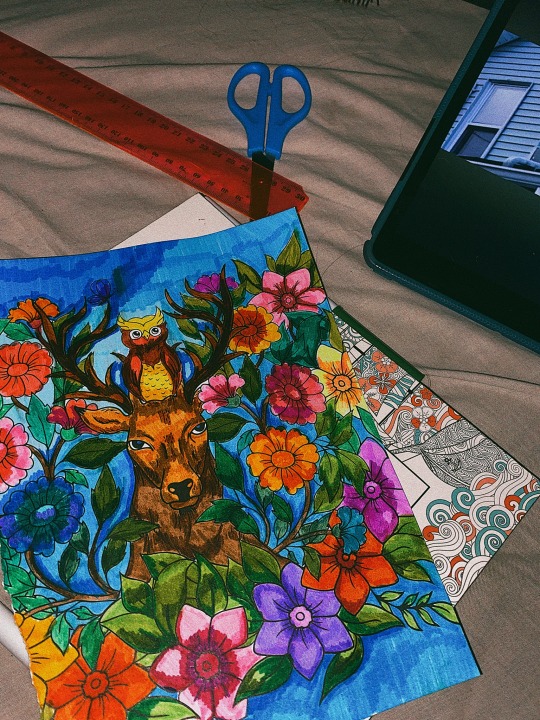
13.03.2024—had a few days off studying, did some adult colouring for self care
#studyblr#studyspo#study notes#study motivation#bullet journal#study blog#athenastudying#stationery#studying#study#heybeliada#heyduke#self care#mental illness#mental health#well-being#sunset#heydeguy#heycoral#heybirb#heyindia#heysayjump#heysantiago#heyaynaz#heyaestudier#heyimbee#adult colouring#colouring#aesthetic#art
41 notes
·
View notes
Text

On World Mental Health Day and beyond, do the following 5 mental health tips 👇!
🏋️♀️Try a new form of physical activity to boost your energy and mood.
🙏Practice gratitude by writing down 3 things you're thankful for.
🛌Disconnect from screens one hour before bedtime for better sleep.
🌞Perform an act of kindness to uplift someone's day and cultivate positivity.
🕵️♂️Stimulate your mind by trying a new hobby or exploring a new place.
📸 by Katie Godowski on Pexels
#world mental health day#mental health day#mental health#mentalhealth#mental health awareness#mental health matters#mental health support#mental health tips#mental wellbeing#mental wellness#wellbeing#well-being#wellness#self care#self-care#selfcare#mindfulness
62 notes
·
View notes
Text
‘But I don’t want comfort. I want God, I want poetry, I want real danger, I want freedom, I want goodness. I want sin.’
‘In fact,’ said Mustapha Mond, ‘you’re claiming the right to be unhappy.’
‘All right then,’ said the Savage defiantly, ‘I’m claiming the right to be unhappy.’
– Aldous Huxley, Brave New World
#spirituality#mustapha mond#brave new world#aldous huxley#well-being#unhappy#happiness#freedom#sin#comfort
40 notes
·
View notes
Text

#iza szyszko#smoothie#protein smoothie#berry smoothie#berries#coconut#banana#dates#raspberries#healthy#fitspo#well-being#health#self care#self love#posted
148 notes
·
View notes
Text
“Inspired by paradigms of wholeness and purity, our conception of psychological healing often comes to us heavy with metaphors of cleanliness and subtraction. Remove the trauma. Make a boundary. Identify the inciting incident. Disentangle it from your other parts. Separate, analyze, quantify, medicate. A patient is a fiction created by a conceptual framework with its foundation in capitalism and colonialism. A patient is a single self that can untie itself from the world and then granulate into a distinct pointillism of traumatic events, parental missteps, and pathologies. Analysis and diagnosis themselves are terms that, when we break them down to their roots, –imply just that - “breaking down”. Analysis comes from “analyein” meaning to “unfasten” “unmoor a ship”. A patient is isolated, unmoored, in a fictional idea of selfhood that is hardly seaworthy. Diagnosis, similarly, comes from the Greek roots “dia” and “gignoskein” meaning to obtain knowledge by separating it off from the rest of the world. Knowledge through separation, through rupture, through atomization. There is no better diagnosis for our culture’s ecocidal madness than the root of the word diagnosis itself. How do we possibly think we can understand any thing, being, ecosystem, pathology, uprooted, unmoored from its web of relationality? How do we treat a psychological breakdown with another break down? We are atomized out of community, out of our distributed bodies and intelligences that might have an easier time holding grief and pain too big for single selves. If we are always playing mental forensics with ourselves, increasingly stuck in a solipsistic feedback loop of self investigation, we often loose touch with the real knowledge.”
Sophie Strand, Texere-Diagnosis
35 notes
·
View notes
Photo
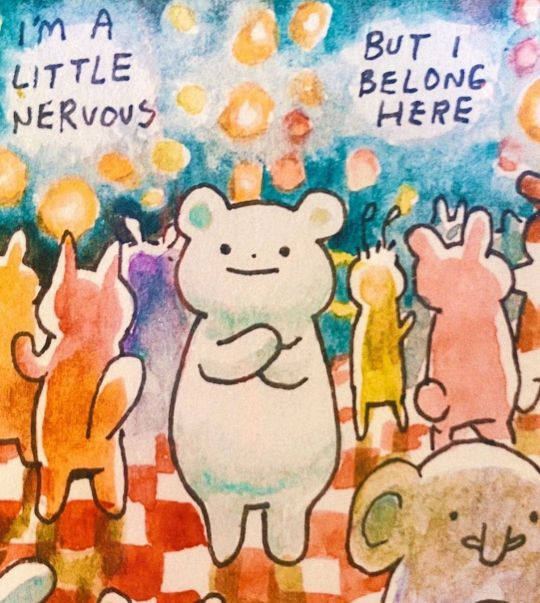
#belonging#well-being#being yourself#being present#present moment#living in the present#living for myself#living unapologetically#living well#new living#love#loving life#love yourself#reminder#positivity#positive thoughts#therapy#inspiration#inspirational quotes
3K notes
·
View notes
Text
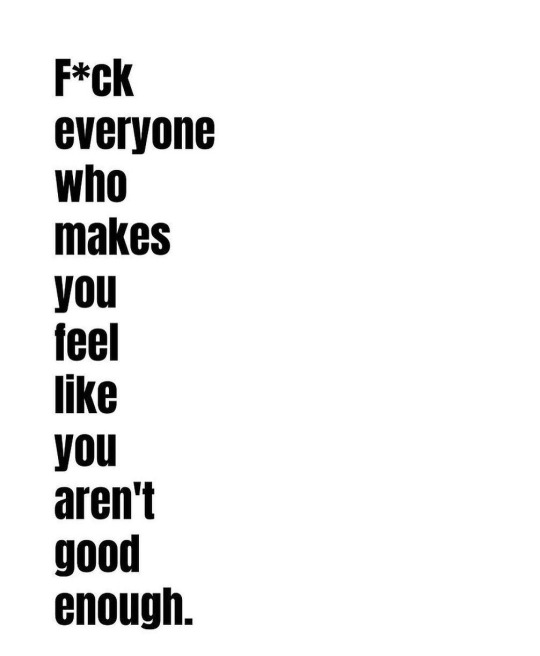
#self-love#self-acceptance#self-worth#empowerment#positivity#self-confidence#self-belief#self-esteem#mental health#well-being#self-care#self-compassion#self-validation
300 notes
·
View notes
Text
The Philosophy of Abundance
The philosophy of abundance is a perspective or worldview that emphasizes the inherent richness, generosity, and potential for growth and fulfillment in the world. It contrasts with scarcity mentality, which focuses on limitations, competition, and the belief that resources are finite and insufficient for everyone's needs. The philosophy of abundance encompasses various principles and beliefs that shape attitudes, behaviors, and perceptions towards life, prosperity, and well-being. Here are some key aspects of the philosophy of abundance:
Gratitude and Appreciation: The philosophy of abundance encourages individuals to cultivate gratitude and appreciation for the abundance already present in their lives, including relationships, experiences, opportunities, and resources. By focusing on what one has rather than what is lacking, individuals can experience greater satisfaction and fulfillment.
Positive Mindset: Adopting a positive mindset is central to the philosophy of abundance. It involves cultivating optimism, hope, and belief in one's ability to create and attract abundance in various areas of life, such as wealth, health, relationships, and personal growth. Positive thinking can lead to increased resilience, motivation, and creativity in overcoming challenges and pursuing goals.
Abundance Mentality: Abundance mentality is the belief that there is more than enough to go around for everyone, and that success and prosperity are not zero-sum games. It entails embracing a mindset of abundance in which opportunities, resources, and possibilities are plentiful and accessible to those who seek them. This mindset fosters collaboration, generosity, and a willingness to share and support others in their pursuits.
Law of Attraction: The philosophy of abundance is often associated with the law of attraction, which posits that individuals can attract positive or negative experiences into their lives based on their thoughts, beliefs, and intentions. By focusing on abundance and visualizing desired outcomes, individuals can purportedly manifest their dreams and goals more effectively.
Generosity and Sharing: Embracing abundance involves being generous and open-handed with one's time, energy, talents, and resources. Acts of kindness, compassion, and generosity contribute to the circulation of abundance in the world and create a ripple effect of positive impact on others. Giving without expecting anything in return fosters a sense of interconnectedness and abundance consciousness.
Growth Mindset: The philosophy of abundance encourages a growth mindset, characterized by a belief in the capacity for learning, development, and improvement over time. Embracing challenges, seeking opportunities for growth, and embracing failure as a stepping stone to success are key aspects of a growth-oriented approach to life.
Environmental Stewardship: Abundance philosophy extends to the natural world, emphasizing the importance of environmental stewardship, sustainability, and responsible use of resources. Recognizing the Earth's abundant natural resources and biodiversity, individuals are called to protect and preserve the planet for future generations.
Overall, the philosophy of abundance promotes a mindset of abundance, gratitude, generosity, and possibility, inviting individuals to embrace the richness and potential inherent in every aspect of life.
#philosophy#epistemology#knowledge#learning#chatgpt#education#ethics#Gratitude#Positive mindset#Abundance mentality#Law of attraction#Generosity#Growth mindset#Environmental stewardship#Prosperity consciousness#Well-being#Personal development#abundance#economic theory#economics
10 notes
·
View notes
Text
your enemy being the person you share a home with is not normal btw .
#trauma suggestions#parentless suggestions#trauma posting#positivity#trauma recovery#mental health#well-being
20 notes
·
View notes
Quote
To care only for well-being seems to me positively ill-bred. Whether it's good or bad, it is sometimes very pleasant, too, to smash things.
Fyodor Dostoyevsky, Notes from Underground
#philosophy#quotes#Fyodor Dostoyevsky#Notes from Underground#life#pleasure#well-being#destruction#creativity
126 notes
·
View notes
Photo

~ 5 Daily Reminders ~
#mental health#well-being#reminders#mantras#motivation#inspiration#words#chang#past#opinions#reality#positive#tthoughts#actions#overthinking#thinking#problems#happiness
18 notes
·
View notes
Text

📺🎶 Kaleidoscope Visuals with Emotional Acoustic Piano
#Emotional Acoustic Piano#Piano Music#PianoMusic#psychological balance#physical relaxation#calmness#well-being#emotional#relaxation#meditation#meditation music#relaxing meditation music#abstract patterns#Kaleidoscope Visuals with Emotional Acoustic Piano#Colorful Visual Relaxation#Visual Meditation#Kaleidoscope visuals with emotional
8 notes
·
View notes